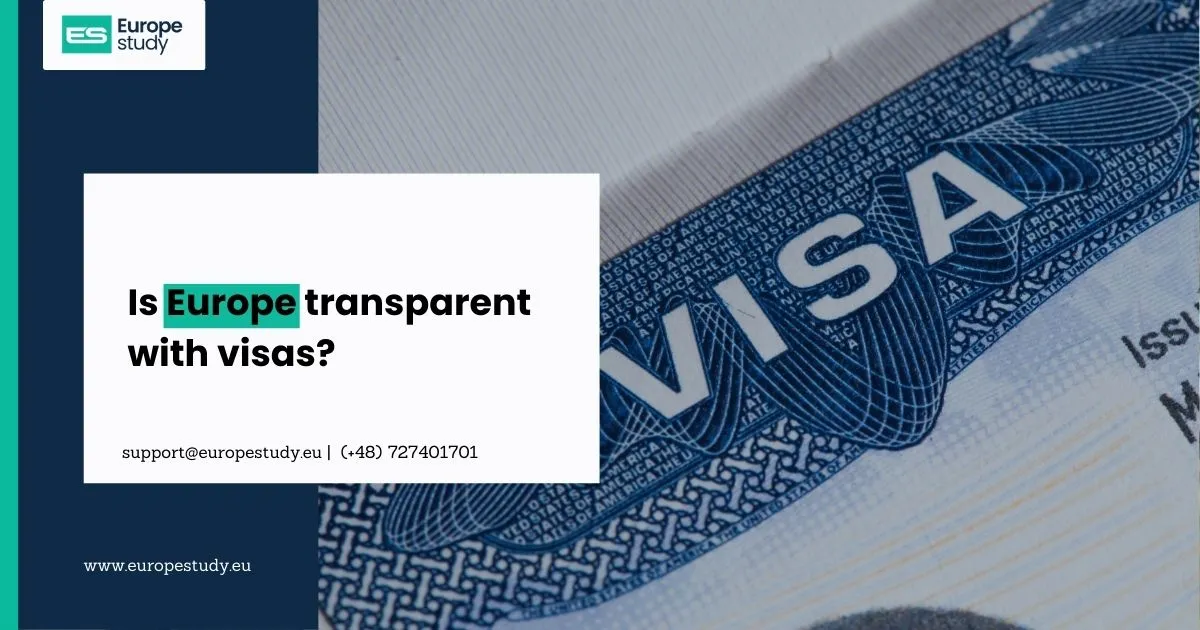
What is the Language Barrier Like in Poland?
Poland, like many countries in Central and Eastern Europe, has a rich cultural history and a language that’s quite unique. Polish is the official language of the country, and while it can be a challenge for non-speakers, the overall language situation in Poland is quite manageable for foreigners, especially in cities and urban centers. In this blog post, we’ll explore the language barrier in Poland, how it impacts daily life, and how non-Polish speakers can navigate it.
1. Polish Language: The Basics
Polish, a Slavic language, uses the Latin alphabet and features some sounds and letters that might be unfamiliar to English speakers. It has seven grammatical cases, which can be intimidating for newcomers trying to master the language. While Polish grammar is more complex than English, the language has fewer tenses and no articles (like "the" or "a"), which can make it easier in some respects.
That said, Polish can be tough for learners, especially for those whose first language uses the Roman alphabet (like English, French, or Spanish). Some letters in the Polish alphabet, like ł (pronounced like the English “w”), and the diacritical marks such as ą, ę, and ś, add a layer of complexity for learners.
However, Polish is not impossible to learn. It just requires time and practice. Plus, most Poles are quite understanding of non-native speakers, especially in the urban areas.
2. The State of English Proficiency
The good news for expats, tourists, and business travelers is that English is widely spoken in Poland, particularly in larger cities like Warsaw, Kraków, and Gdańsk. As Poland has integrated more into the European Union and become a hub for international business, English has become a second language for many.
According to the EF English Proficiency Index, Poland ranks as one of the higher-performing countries in Eastern Europe for English proficiency. The younger generation, in particular, tends to speak English quite fluently, as English is taught in schools from an early age.
In major cities, you’ll likely encounter English speakers in most public places, including restaurants, cafes, and shopping centers. Most hotels, restaurants, and tourist attractions also have English-speaking staff, especially in the larger cities or popular tourist destinations. In fact, English is often the default language in many international companies, especially in industries like IT, finance, and hospitality.
That being said, fluency is not universal, and in smaller towns or rural areas, you may find fewer English speakers. Older generations, in particular, may not be as comfortable with English. In these situations, having a basic knowledge of Polish or relying on translation apps can be useful.
3. In Professional Settings:
When it comes to the workplace, especially in multinational companies, English is often the working language, and many companies, particularly in tech, finance, or customer service, conduct business in English. In fact, many expats in Poland find it relatively easy to get a job in Poland without knowing Polish, provided they are in industries where English is the dominant language.
However, if you're planning to work in a Polish-speaking company or in a job that requires you to interact with the local population (like retail or healthcare), learning the language will be crucial. The ability to speak Polish will make you a more valuable employee, and it can help you build relationships with your colleagues and clients.
4. Everyday Life: Navigating Public Spaces
In urban areas, you’ll find many signs, menus, and public transportation information translated into English, but this is not always the case in smaller towns. Most government websites and services will be in Polish, and although some might have English versions, they’re not always comprehensive.
If you're planning to live in Poland for a while, you'll need to familiarize yourself with the basics of Polish to handle day-to-day situations like:
-
Shopping: While many larger stores and shopping malls have English-speaking staff, smaller local shops might not.
-
Public Transport: Larger cities like Warsaw and Kraków have metro systems and buses with announcements in English. However, smaller cities may have limited English signage.
-
Medical Services: In general, Polish doctors and healthcare staff in cities may speak English, but in smaller towns, it’s less likely. If you require medical services, it's a good idea to have a basic understanding of medical terms in Polish or carry a translation app.
In restaurants, you’ll often find menus translated into English in tourist-heavy areas, but in more local spots, you might need to rely on Google Translate or know some basic food vocabulary in Polish.
5. Learning Polish: A Good Idea for Long-Term Residents
While English will get you by, if you plan to stay in Poland for the long term, it’s a good idea to learn some basic Polish. Even if you're in a major city, speaking the local language will help you integrate into the community and show respect for the local culture.
Here are some practical tips for learning Polish:
-
Language schools: There are plenty of language schools across Poland, many of which offer courses for foreigners. Some universities also provide Polish language courses.
-
Apps: Language learning apps like Duolingo, Babbel, and Memrise have Polish courses, though they may not go into deep grammar details.
-
Language Exchange: There are many language exchange meetups and programs in cities like Warsaw and Kraków, where you can practice your Polish with native speakers in exchange for teaching them English.
-
Social Media and Podcasts: There are several Polish-language YouTube channels, podcasts, and online communities that cater to learners, often in a fun and interactive way.
6. The Role of Polish Culture in the Language Barrier
Poles are known for their hospitality and are often understanding and patient with foreigners attempting to speak Polish. That said, there can still be some cultural nuances that make communication tricky at times. For example, Poles tend to be more formal when addressing others, particularly in professional or unfamiliar settings. Understanding how to use formal titles and the polite forms of speech (such as “Pan” for Mr. and “Pani” for Mrs.) is important.
Additionally, humor and social cues in Poland can sometimes differ from those in English-speaking countries, so understanding cultural differences—like when it's appropriate to use humor or how to approach authority figures—will help you avoid any misunderstandings.
7. Conclusion: Navigating the Language Barrier in Poland
In summary, while Polish is the primary language spoken in Poland, English is widely understood, especially in urban centers and among younger people. If you're planning to visit or work in Poland, you can easily get by without knowing Polish, but for longer-term living or working in non-international environments, learning the basics of Polish will make life much easier.
The language barrier may initially feel daunting, but with the resources available and the country’s increasing exposure to global cultures, it’s easier than ever to adapt. Whether through apps, classes, or day-to-day practice, you’ll find that Poles are generally warm, patient, and happy to help, making your experience in the country all the more enjoyable.
If you’re considering a move to Poland or simply planning a visit, don’t let the language barrier hold you back—it’s just another part of the adventure!





